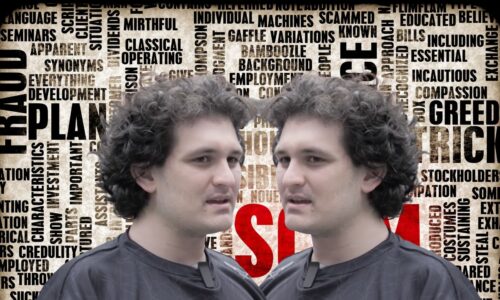 |
| [soundcloud url=”https://api.soundcloud.com/tracks/58616966″ params=”color=ad0000&auto_play=false&hide_related=false&show_comments=true&show_user=true&show_reposts=false” width=”100%” height=”166″ iframe=”true” /] |
The Video gaming is a huge industry.
Annually, the vertical rakes in billions of dollars. Thanks to the popularity of gaming, an ancillary market for high-stakes tournaments has developed. Organizations like The Electronic Sports League (ESL) the Major Gaming League (MGL) and the Pro Gaming League (PGL) host tournaments throughout the year. Winners take home purses that can grow as high as $500,000.
ESL bills itself as the largest gaming eSports organization in the world, with over 6 million participating members. Performance-enhancing drugs have been a problem in sports like boxing and track and field; the problem has now surfaced in the world of competitive gaming.
Using drugs are against the rules set forth by ESL, MGL, PGL and other producers of tournaments, but it has not stopped the widespread abuse of drugs, mainly Adderall. A few weeks ago, a video surfaced of a popular player named Kory “Semphis” Friesen, who said his team regularly competed while high on the drug.
As the Fresno Bee noted, the choice of Adderall for gamers makes perfect sense. The drug is known to sharpen the focus and cognitive skills of its users. It is already a popular illicit drug amongst college students, who use the medicine to focus during marathon cramming sessions.
“I don’t even care, we were all on Adderall,” Friesen casually says in the video. ” I don’t even give a fuck, like its pretty obvious if you listen…”
That type of indifference to the drug use, as well as growing scrutiny of various leagues, has led ESL to start mandatory drug testing. Starting in August, all ESL players will be randomly drug tested. The league is currently developing out a list of banned substances, as well as policies and punishments for violating the new rules.
“Some of the competitions are worth a lot of money, and you might get fame and sponsorship deals too,” Tom Phillips, deputy news editor for the Eurogamer website, told the BBC. “You can see why some people enhance their performance illegally. I think it’s a big problem, if the sport is going to be taken seriously,” Phillips said.




